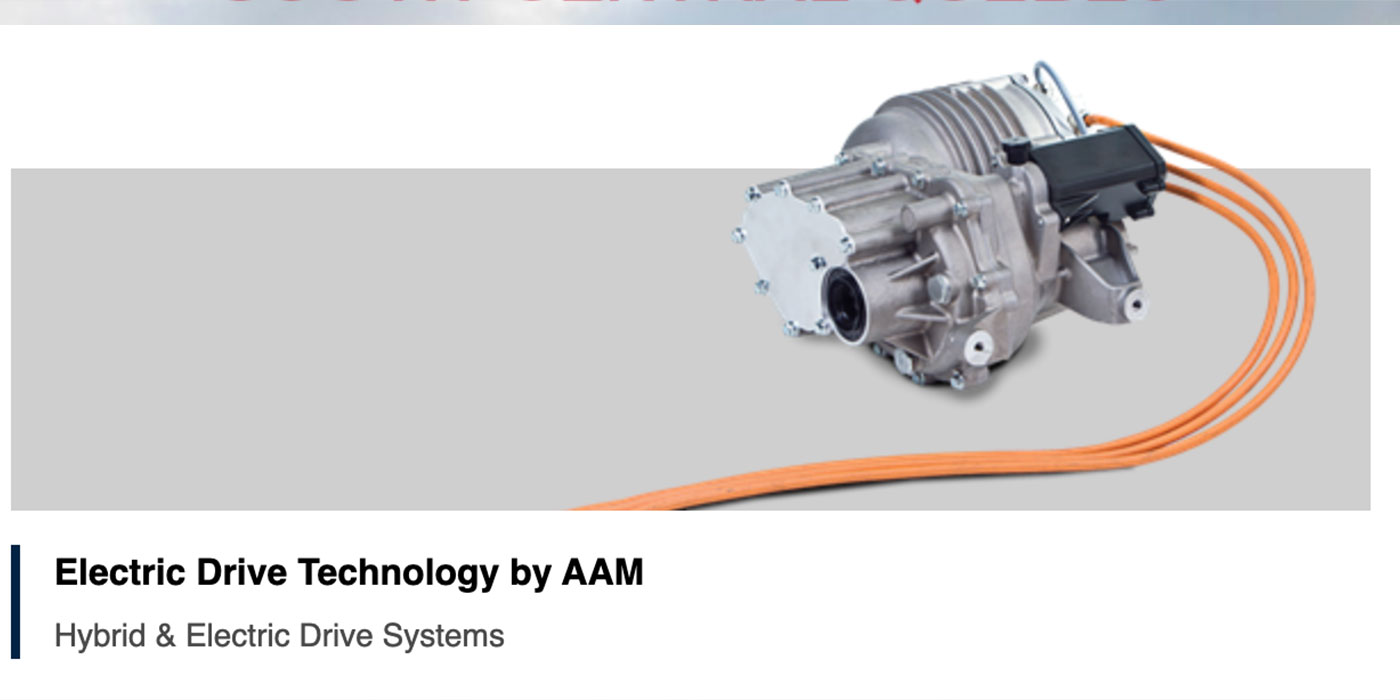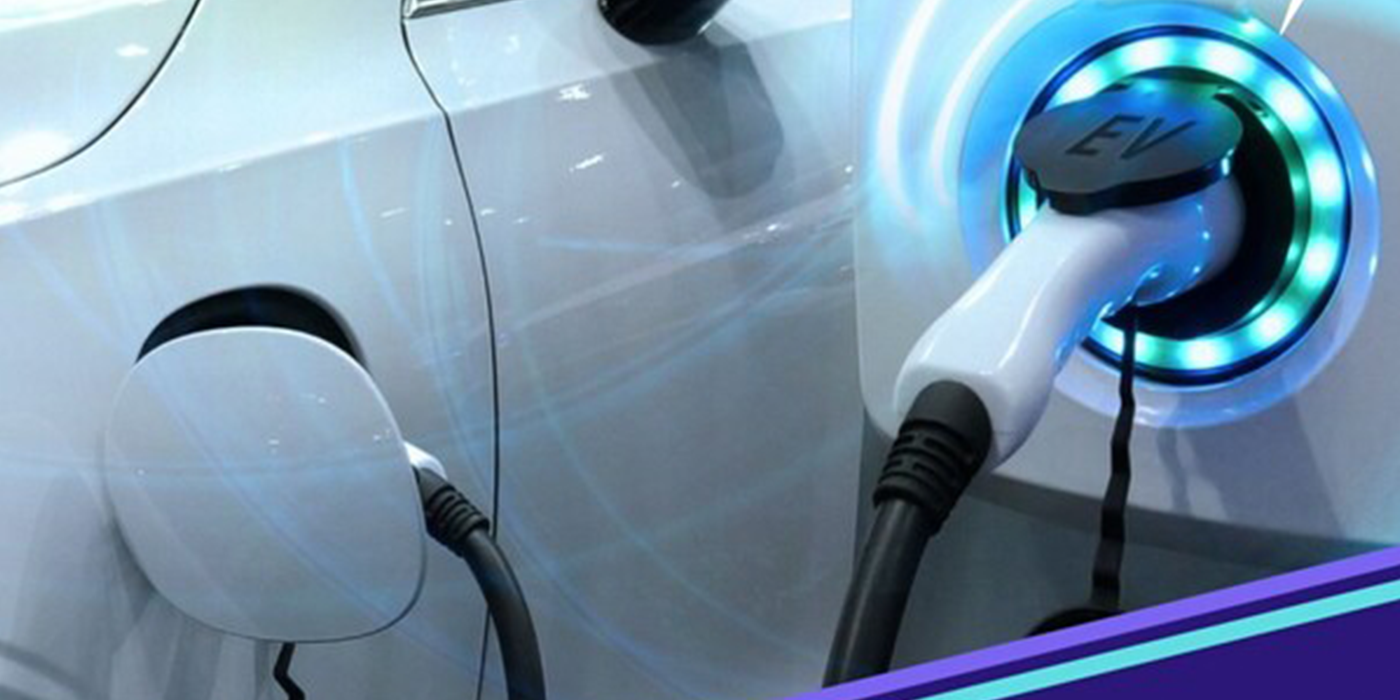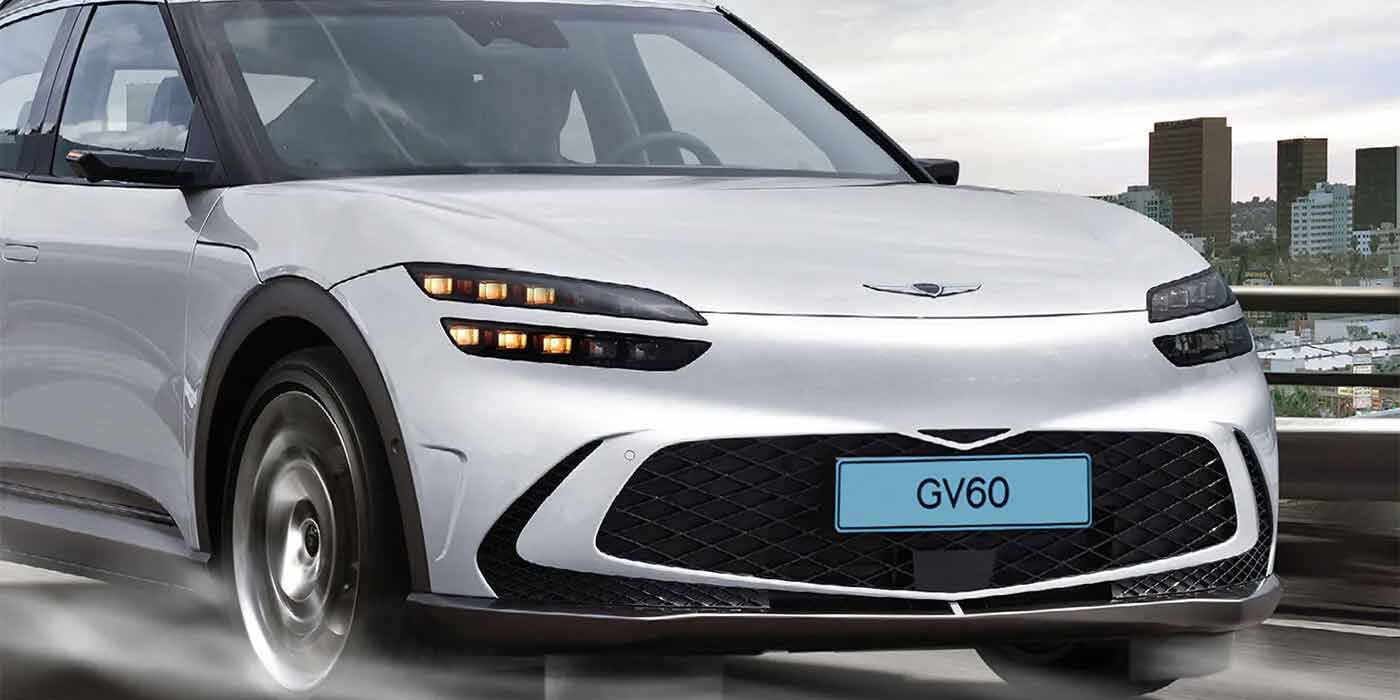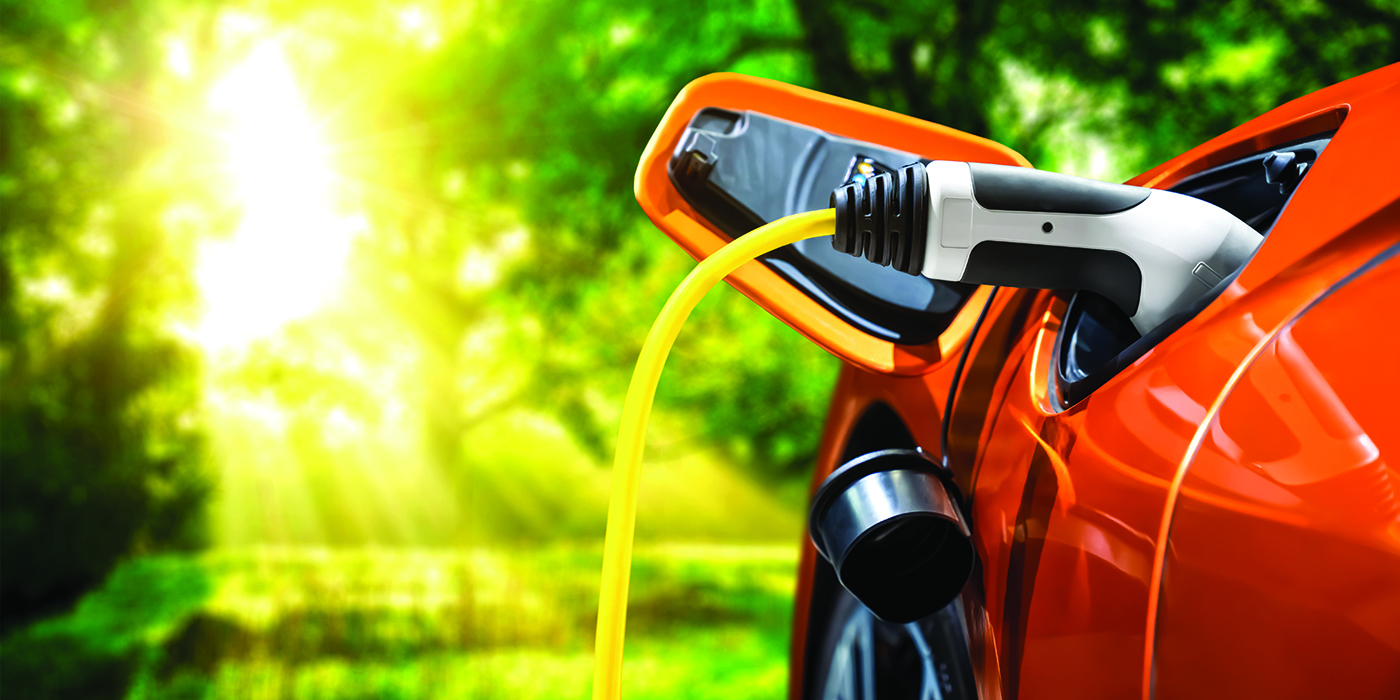 While consumer adoption of electric vehicles (EVs) continues to disappoint with only 2 percent of all vehicles shipping in 2018 expected to be electric, city governments are increasingly becoming aware of their benefits in terms of sustainability, reduced environmental impact and improved air quality. The widespread introduction of urban emission zones, initially aimed at banning older diesel vehicles, will culminate in zero emission zones and city centers restricted to EVs only, according to a new report by ABI Research, a market-foresight advisory firm providing strategic guidance on transformative technologies.
While consumer adoption of electric vehicles (EVs) continues to disappoint with only 2 percent of all vehicles shipping in 2018 expected to be electric, city governments are increasingly becoming aware of their benefits in terms of sustainability, reduced environmental impact and improved air quality. The widespread introduction of urban emission zones, initially aimed at banning older diesel vehicles, will culminate in zero emission zones and city centers restricted to EVs only, according to a new report by ABI Research, a market-foresight advisory firm providing strategic guidance on transformative technologies.
“However, vehicle electrification adoption drivers will increasingly shift from consumer-ownership to shared urban mobility, initially ridesharing followed by driverless EV car sharing in the longer term. The State of California is preparing a bill, which would mandate 20 percent of miles traveled via ride-hailing services to be in EVs by 2023, rising to 50 percent by 2026. At the same time, Uber’s EV Champions program proactively pushes ridesharing electrification through education, support and cash incentives for driver-partners,” said Dominique Bonte, vice president, end markets at ABI Research. “The combined effect of the proportionally higher uptake of EVs in car-sharing fleets and their much higher utilization rates will result in global electric mileage share to exceed 20 percent by 2030.”
This shift to electric mobility services has important consequences for both charging station and grid infrastructure requirements, according to ABI. The business imperative of continuous operation and availability from both a profitability and customer experience perspective will drive the need for a granular network of both DC fast-charging and future wireless public charging stations. With accelerating EV penetration, increasing stress on public grids will have to be mitigated by advanced demand-response and load balancing software solutions, EV charging management and vehicle-to-grid systems, widespread adoption of microgrids and a more holistic, cross-vertical approach to energy management.
ABI Research says suppliers active in this space include Hevo Power, eMotorWerks, Greenlots, Nuvve, Jedlix, MOEV and FleetCarma, recently acquired by Geotab. Ultimately, the transportation electrification revolution will require a fundamental redesign of the grid itself, tailored to accommodate distributed and decentralized modes of renewable energy consumption and generation in urban contexts.
Finally, smart cities transportation electrification will be multimodal, with EVs complemented by electric two-wheel vehicles (bikes, scooters and motorbikes), shuttles, boats and future passenger-carrying drones. Clearly, the dominance of car-based mobility is not sustainable, according to ABI. Uber’s recent investment in and partnership with Lime on electric scooter sharing and Lyft’s strategy to integrate bike and scooter sharing shows the urban mobility landscape is yet again being reshaped.
These findings are from ABI Research’s Smart Cities and Transportation Electrification report. This report is part of the company’s Smart Cities and Smart Spaces research service, which includes research, data and Executive Foresights.














